Some believe that isoflavones in soybeans will reduce male masculinity, affect women's hormonal balance and cause cancer. However, nutrition experts on cancer say this is not true, according to the health website Healthline (USA).
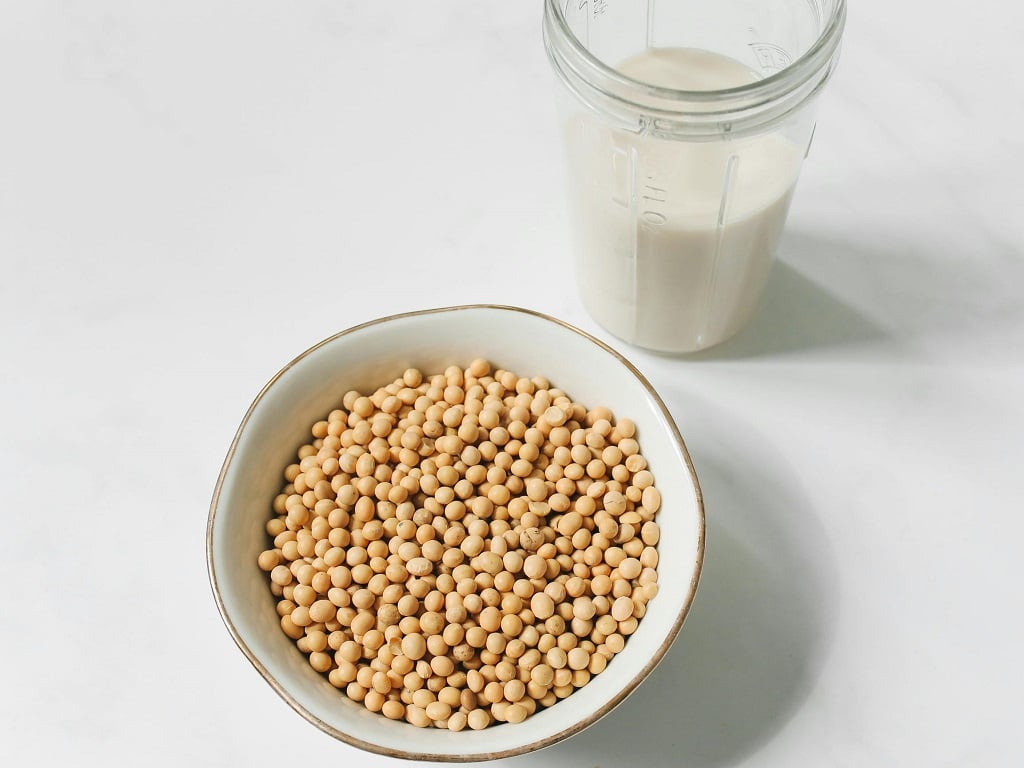
Soybeans may reduce the risk of prostate cancer in high-risk men
In fact, the isoflavones genistein and daidzein have anti-cancer properties. A study published in the journal BJU International found that soy products reduced the risk of prostate cancer in men at high risk.
Not only that, soy can also be used to support radiation therapy when treating prostate cancer. Research in the journal Nutrition and Cancer found that prostate cancer patients who took 200 mg of soy isoflavones every day for 6 months had fewer side effects from radiation therapy. Specifically, they had less urinary leakage, less diarrhea, and less abdominal pain.
Experts explain that because isoflavones act like estrogen, they bind to estrogen receptors in prostate tissue. This reduces cancer growth as well as reduces the proteins that help prostate cancer grow. In addition, some studies show that soy protein can improve blood cholesterol levels.
There are many ways to incorporate soy into our daily diet. Tofu and soy milk are the most popular soy-based foods. We can also reap the nutritional benefits of soy by eating soy-based baked goods or taking supplements.
If men are still wary of soy, there are other ways to protect the prostate and prevent cancer. Omega-3 fatty acids have been shown to improve immunity, reduce inflammation, and prevent prostate cancer. Foods rich in omega-3 fatty acids include salmon, tuna, and sardines. Regular exercise and maintaining a healthy weight can significantly reduce the risk of prostate cancer and many other cancers.
Source link


![[Photo] Unique architecture of the deepest metro station in France](https://vphoto.vietnam.vn/thumb/1200x675/vietnam/resource/IMAGE/2025/11/14/1763107592365_ga-sau-nhat-nuoc-phap-duy-1-6403-jpg.webp)


![[Photo] Unique art of painting Tuong masks](https://vphoto.vietnam.vn/thumb/1200x675/vietnam/resource/IMAGE/2025/11/14/1763094089301_ndo_br_1-jpg.webp)







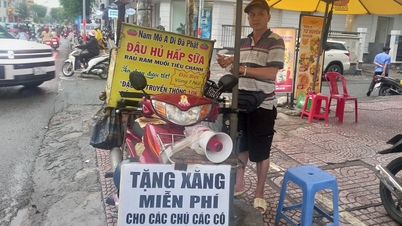
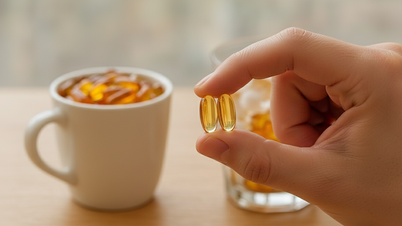
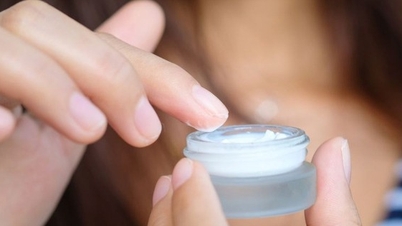



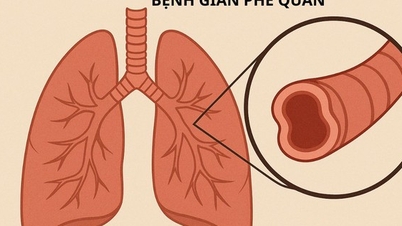
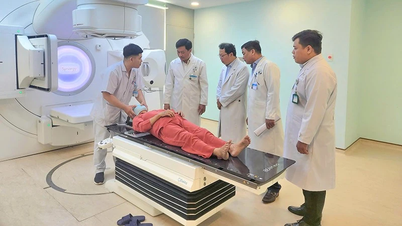

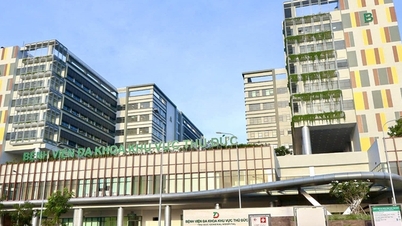











![[Photo] Special class in Tra Linh](https://vphoto.vietnam.vn/thumb/1200x675/vietnam/resource/IMAGE/2025/11/14/1763078485441_ndo_br_lop-hoc-7-jpg.webp)

















































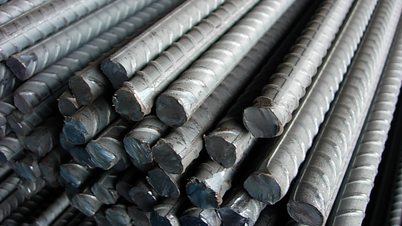






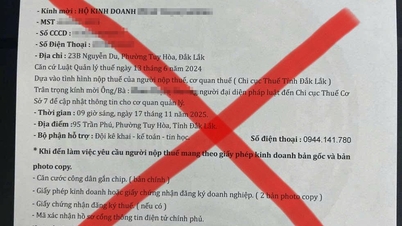















Comment (0)